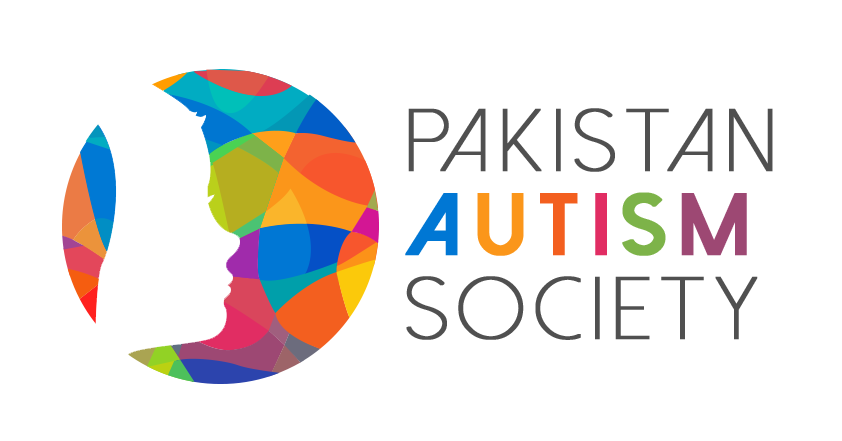Introduction: Autism is a neurodevelopment disorder that affects individuals’ social interactions, communication, and behavior. Despite increasing awareness and understanding of autism spectrum disorder (ASD), various myths and misconceptions persist in society. It is important to debunk these myths to promote accurate information and foster acceptance and support for individuals with autism. Let’s examine and dispel some common myths surrounding autism.
Myth 1: Autism is caused by vaccines. This myth emerged from a now-discredited study, and extensive research since then has consistently shown no link between vaccines and autism. Numerous large-scale studies involving millions of children have provided robust evidence against this claim. The consensus among medical professionals and scientific communities is that vaccines are safe and do not cause autism.
Myth 2: People with autism lack empathy. Contrary to this myth, individuals with autism are fully capable of experiencing empathy. However, they may express it differently or struggle with understanding and interpreting social cues. Autism does not imply a lack of empathy but rather differences in how it is expressed and understood. Recognising and respecting these differences is crucial for creating inclusive and supportive environments.
Conclusion: Dispelling myths about autism is essential for promoting understanding, acceptance, and support for individuals on the autism spectrum. Understanding that autism is not caused by vaccines and that individuals with autism do experience empathy can help combat stigmatization and foster inclusive communities. By embracing accurate information, we can promote a society that values the strengths and unique perspectives of individuals with autism.













